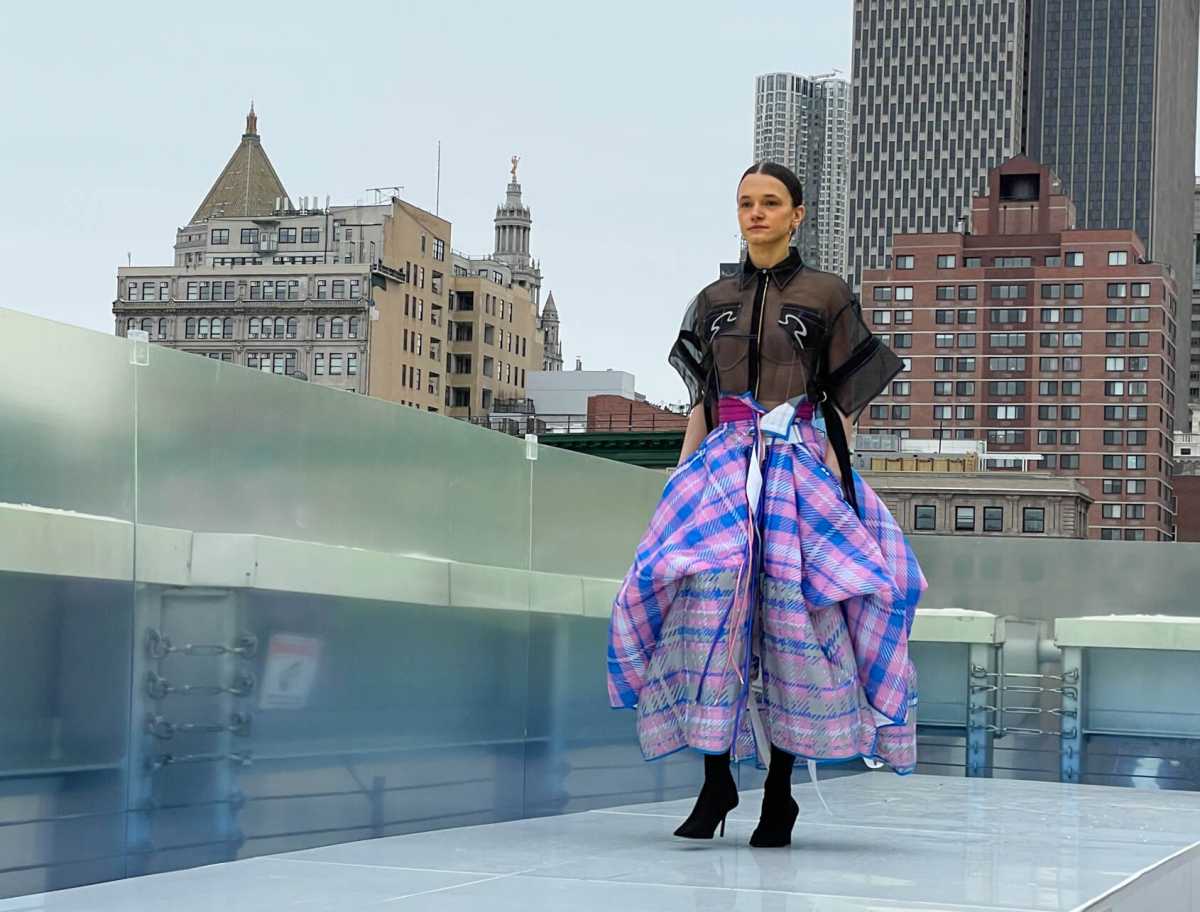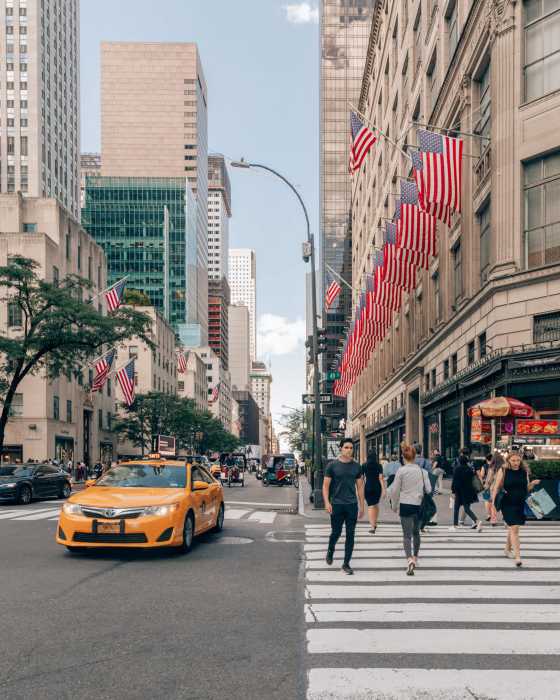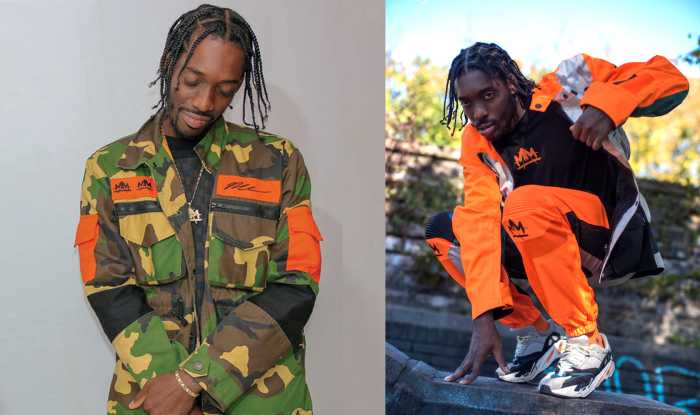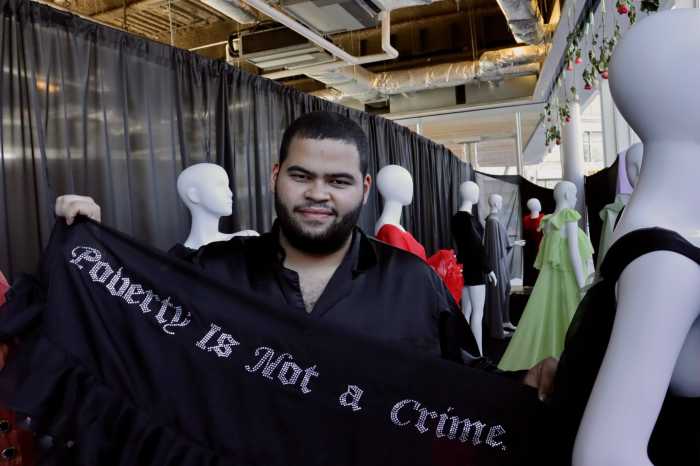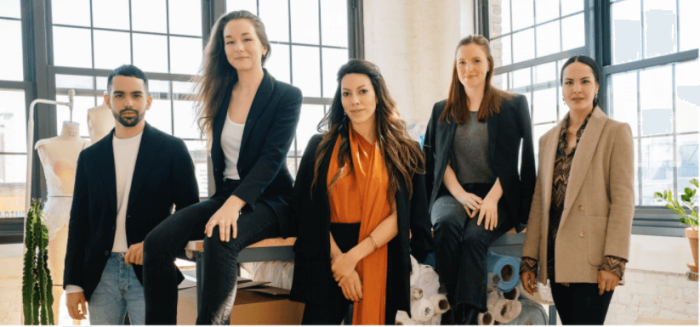Freelance workers make up one-third of the nation’s workforce, yet they lack many of the basic protections afforded to employees. New York State made huge strides earlier this year by passing the Freelance Isn’t Free Act, which is currently awaiting Governor Hochul’s signature. The bill will impact not only freelancers based in New York State, but also anyone contracted by New York-based companies, protecting workers from wage theft and ensuring timely payment. Companies could face up to $25,000 in penalties for failing to provide a contract for freelance work or pay a freelance worker within 30 days of completing a job. However, despite this soon-to-be major victory for workers across New York and the nation, there are still many workers left out of the benefits of this progress – including fashion workers.
Fashion is big business in New York. The industry generates $2 billion in tax revenue for the state, and accounts for 5.5 percent of the workforce. New York Fashion Week, which just ended, generates more than $600 million in tax revenue alone.
But the creative workforce that makes this industry run – models, makeup artists, hair stylists, photographers and others – lack basic labor protections. That’s due to the industry’s multi-level structure of hiring of models and creative artists who work through management companies and do not contract directly with their clients.
Despite the industry’s image of glamor and prestige, fashion workers might spend months – even years – hunting down their earnings from predatory management companies. And once they finally receive their earnings, it’s often a mere fraction of what they were told they’d make after a hefty commission and various unexplained fees are deducted from their paychecks.
Indeed, models – predominantly young women and girls, many of whom are immigrants – often work in debt to their management company, forced to take an “allowance” in order to eat. They get crammed into “model apartments” and with as many as eight girls, and charged inflated rents, earning the company well over market rate for a two-bedroom.
On top of that, management companies hold models and creatives to exclusive, multi-year contracts and sponsor their work visas, yet they also insist they have no obligation to book jobs. This ensnares fashion workers in cycles of debt and makes them highly vulnerable to other forms of abuse, including human trafficking.
Excluded from both protections for independent contractors, such as those provided by the Freelance Isn’t Free Act, and protections for employees, such as those under the Fair Labor Standards Act, fashion workers are essentially carved out of labor law. That’s why, with the support of the Freelancer’s Union, the Model Alliance introduced the Fashion Workers Act, a New York State bill which would close the legal loophole by which management agencies escape licensing and regulation and extend protections to our uniquely situated workforce.
Albany lawmakers must pass the Fashion Workers Act next session to continue the work of advancing labor protections in New York. The bill – which passed the Senate Labor Committee last year – would recognize that models and creative artists deserve to be treated with dignity and respect, just like everyone else who works for a living.
The State will be a leader when the Governor signs the Freelance Isn’t Free Act – and it can lead again by setting the industry standard in a global $2.5 trillion industry and passing the Fashion Workers Act early next session.
Rafael Espinal is the president of the Freelancers’ Union. Sara Ziff is the founder and executive director of Model Alliance.



